Supporting parents and families through disasters and emergencies
Australia is a country that is affected by many different types of natural disaster, including floods, bushfires and cyclones. Preparing yourself and your family ahead of time can really make a big difference if there is a disaster.
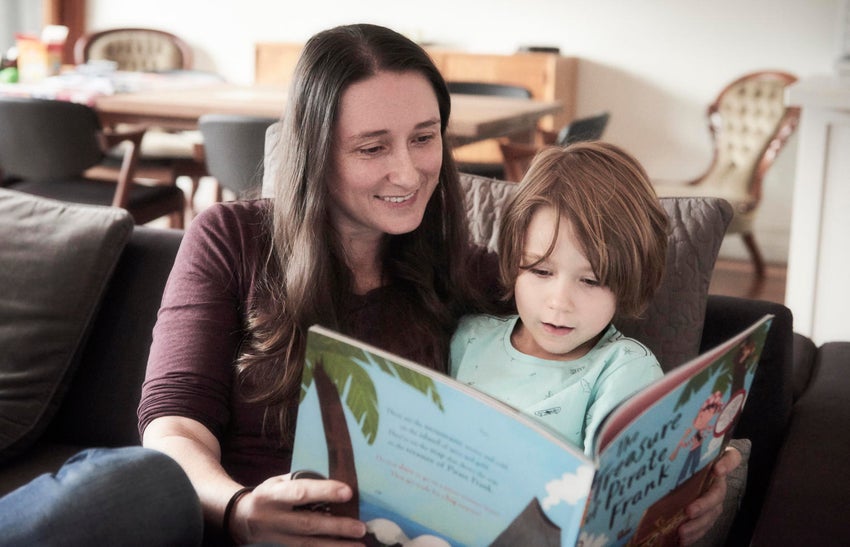
Resilient Kids Toolkit
Royal Far West's free Resilient Kids Toolkit guide is filled with many easy-to-follow strategies for parents and activities for kids. It’s designed to help develop positive relationships, strengthen mental health and build resilience and self-awareness. You’ll find essential and practical information to support you and your family and help you navigate stressful events and life’s challenges.
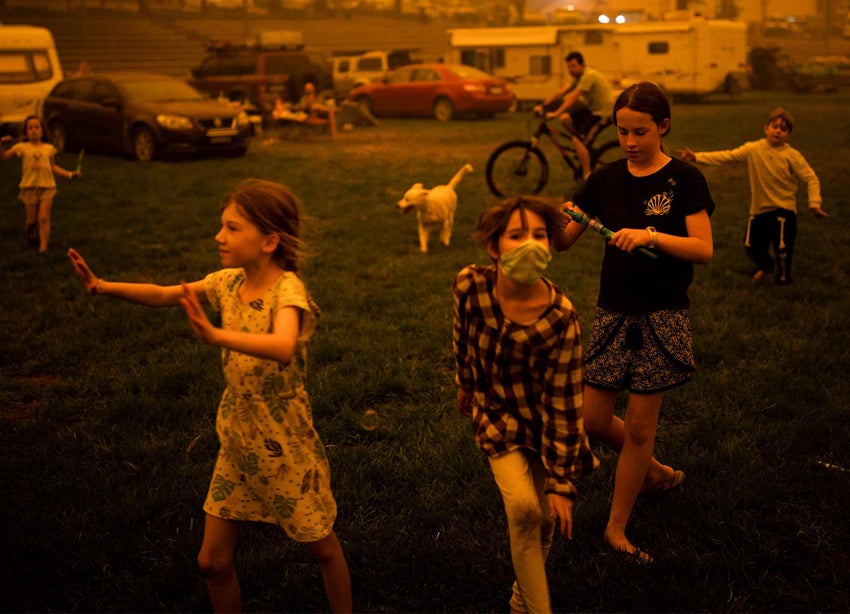
Community Trauma Toolkit
Emerging Minds Community Trauma Toolkit contains resources to help and support adults and children before, during and after a disaster or traumatic event. It will help you understand some of the impacts of disaster and how you can help lessen these impacts.
Emergencies and disasters are extremely stressful and it is normal to feel overwhelmed. Children, even infants, can also be affected. They depend on the adults around them for safety and security, and will need reassurance, care, and opportunities to share their feelings. These resources provide a starting point for you to help children navigate the different stages of a disaster.
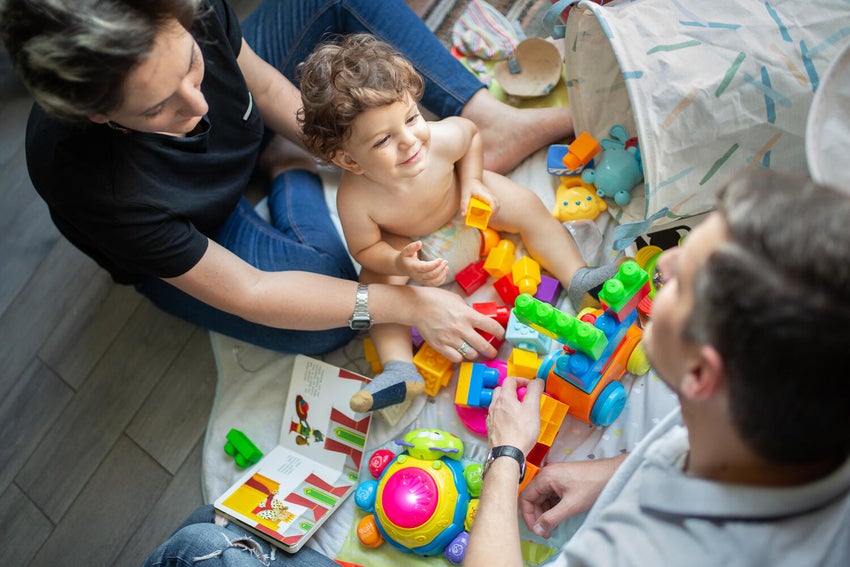
Children's stories, games, information and resources
Natural disasters like storms, cyclones, floods or fire can be very frightening and upsetting for babies and young children. Birdie's Tree explains that playing a therapeutic game or reading a story with a caring adult can help a young child work through the scary experiences and ‘big feelings’. They also provide information for parents and carers too. Come and meet Birdie and Mr Frog!
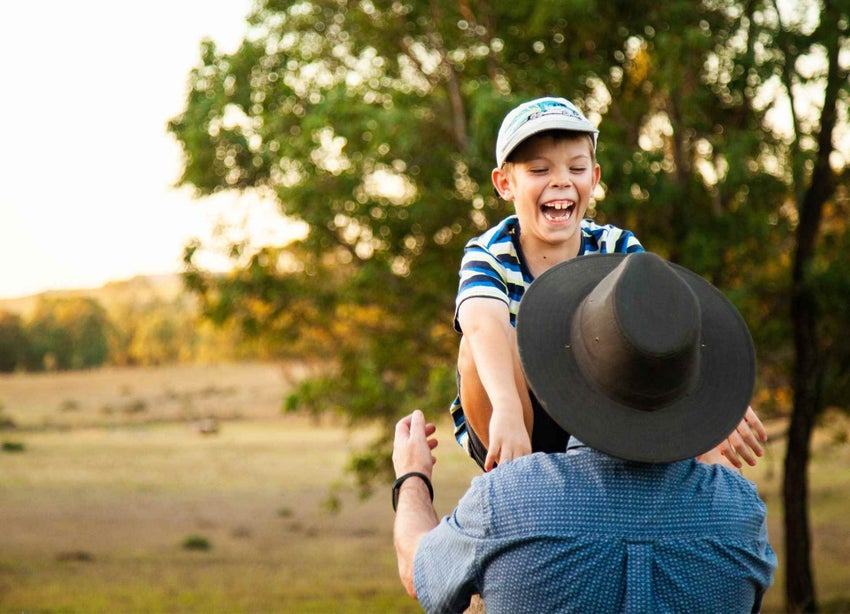
Trauma, loss and grief network
A series of resources by Australian National University around planning and preparing for a natural disaster, how parents, other carers and teachers can help with this, and how children and young people can be involved.
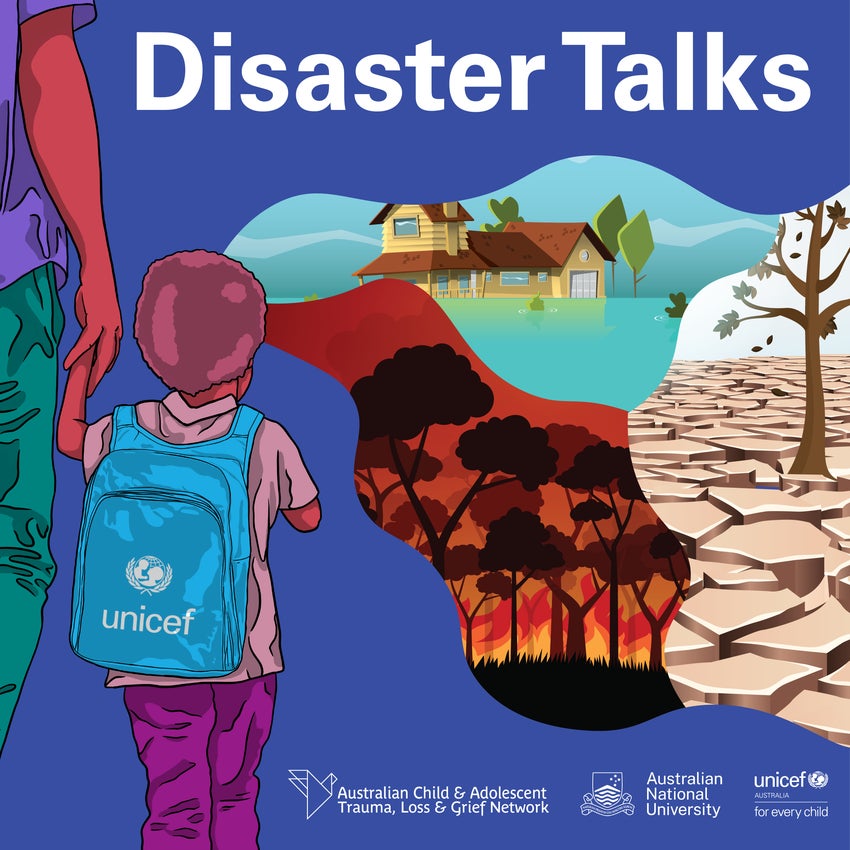
Disaster Talks Podcast
UNICEF and ANU’s Australian Child and Adolescent Trauma, Loss and Grief Network have released a podcast series for school leaders and educators across Australia, focussing on planning for - and responding to – disasters such as bushfires and flooding.
In interviewing educators who have experienced disasters first-hand, the ‘Disaster Talks’ podcasts are designed to help the education community learn from the stories of their peers, and how best to support their community through a current or future disaster event.
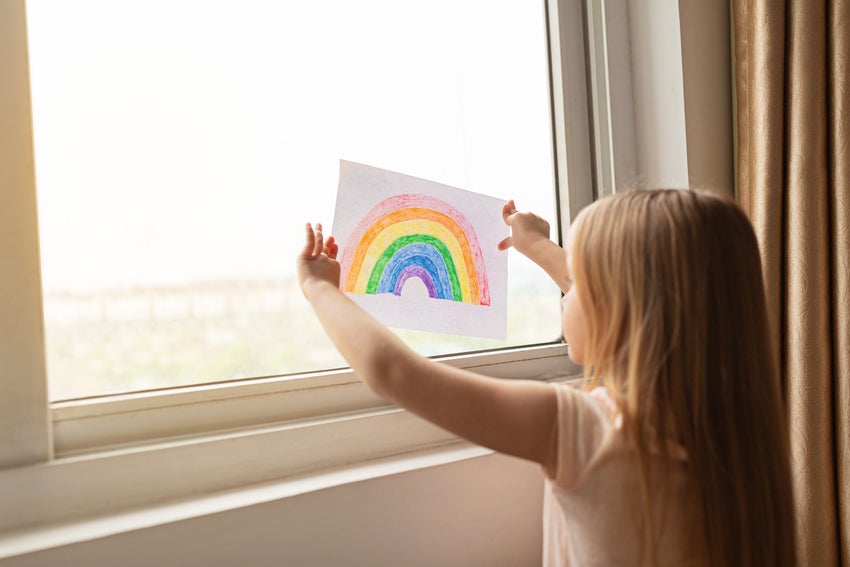
Natural disasters tips for supporting families
Emerging Minds have developed resources to help Australian parents and carers support children in preparing for, experiencing and recovering from floods, bushfires and drought.


